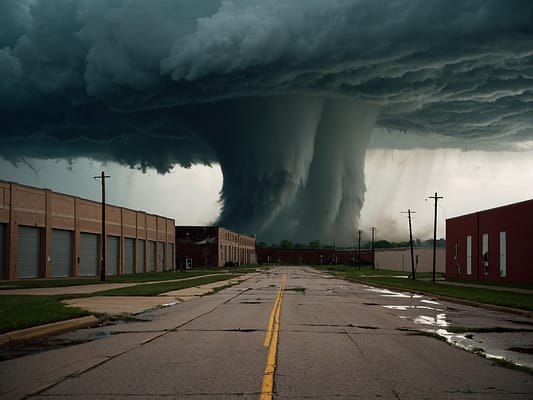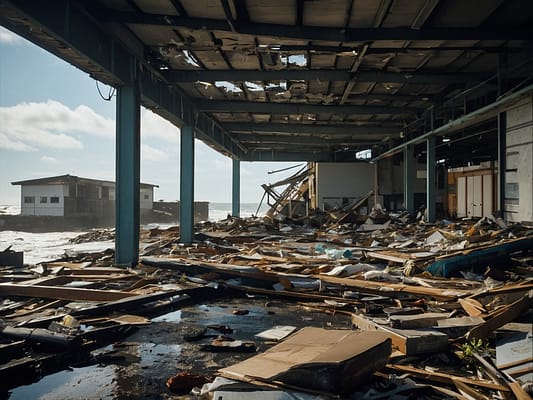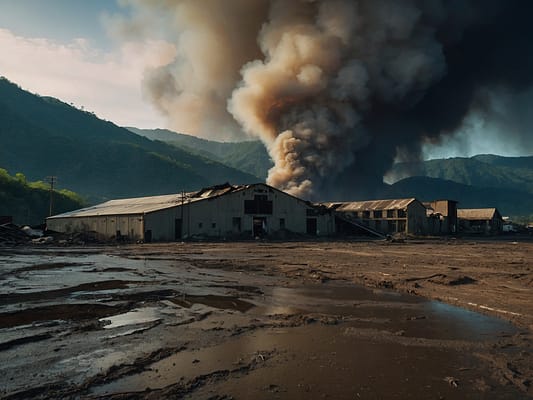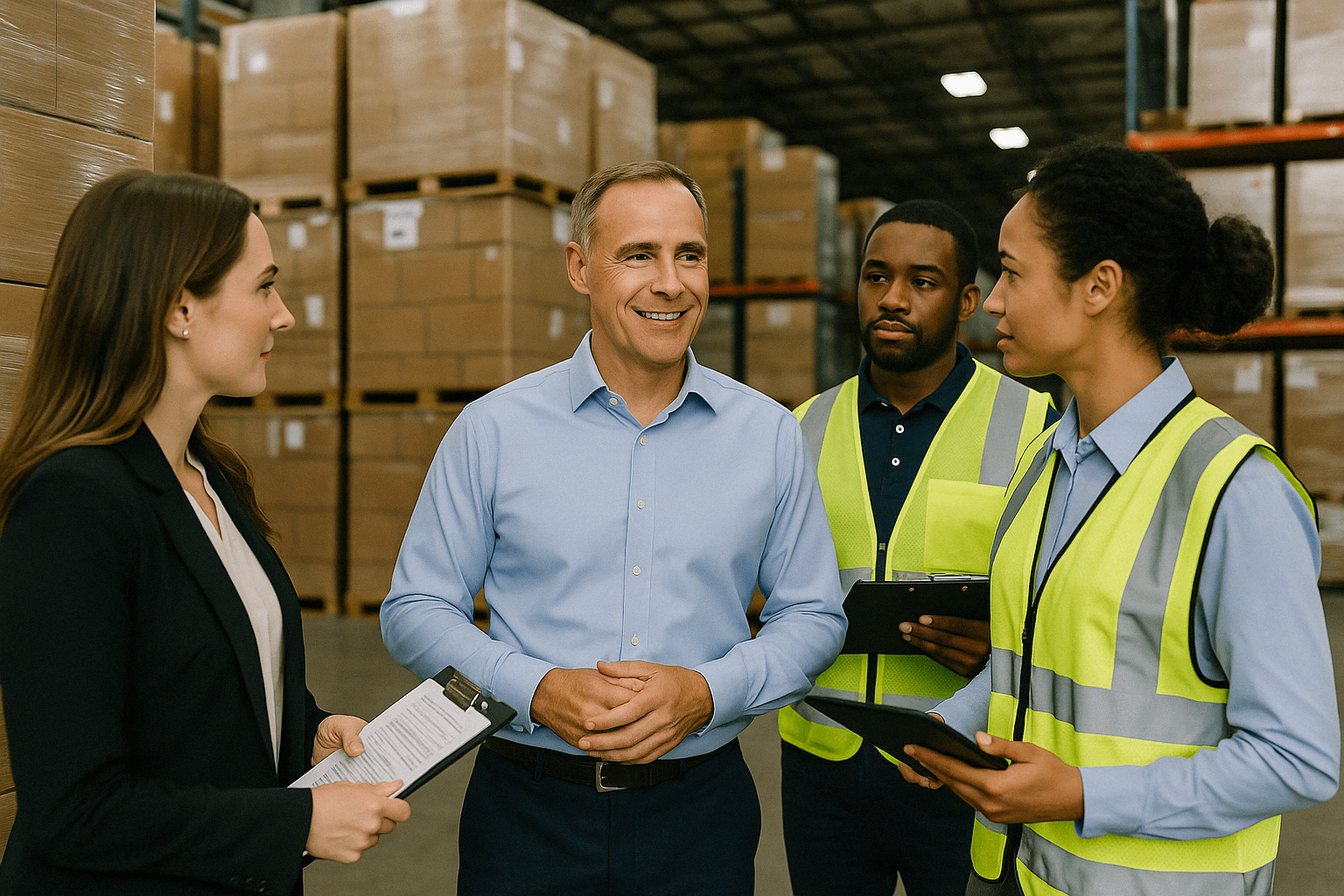How Climate Change is Impacting Global Supply Chains: Insights from TradeLink Solution
Climate change is increasingly becoming a critical factor influencing global supply chains. For businesses involved in import/export, understanding how climate change is affecting global trade is crucial for maintaining competitive advantage and ensuring long-term sustainability. At TradeLink Solution, we are deeply committed to helping our partners navigate the complexities of this evolving landscape.
The Growing Impact of Climate Change on Global Trade
Climate change is disrupting global supply chains in ways that are both profound and unpredictable. Extreme weather events such as hurricanes, floods, and wildfires are becoming more frequent, threatening key transportation routes and critical infrastructure. These disruptions can lead to significant delays, increased costs, and even the complete shutdown of trade routes.
For instance, the 2021 Suez Canal blockage by the Ever Given container ship underscored how a single event can have cascading effects on global trade. While not directly caused by climate change, it highlighted the vulnerability of global supply chains to unexpected disruptions, something that climate change is making increasingly common.
At TradeLink Solution, our clients have faced these challenges firsthand, from delayed shipments to increased insurance costs. We understand the frustration and financial strain these disruptions can cause, which is why we’re dedicated to providing solutions that help businesses adapt and thrive.
Pros of Addressing Climate Change in Supply Chains
Addressing climate change presents several opportunities for businesses:
Resilience and Adaptation: By addressing climate risks proactively, businesses can build more resilient supply chains. This might include diversifying suppliers, investing in more durable infrastructure, or adopting technologies that enhance forecasting and risk management. TradeLink Solution has been instrumental in helping businesses implement these strategies, ensuring they remain competitive.
For more insights on building resilient supply chains, visit the United Nations Global Compact.
Sustainability and Brand Reputation: As consumers become more concerned about sustainability, businesses that reduce their carbon footprint and implement sustainable practices can enhance their brand reputation. TradeLink Solution has observed that companies leading in sustainability are not only protecting the planet but are also positioning themselves as industry leaders.
To explore how your business can improve sustainability, check out the Carbon Trust’s Carbon Footprint Calculator.
Cost Savings: Implementing sustainable practices can lead to significant long-term savings, despite the initial investment. For example, energy-efficient technologies and waste reduction can lower operational costs. TradeLink Solution works closely with partners to identify these opportunities, ensuring that sustainability efforts contribute to the bottom line.
Discover cost-effective sustainable practices at the Green Supply Chain Network.
Cons of Addressing Climate Change in Supply Chains
However, addressing climate change in supply chains also presents challenges:
Increased Costs: Implementing climate-resilient strategies can be costly. Investments in infrastructure, sustainable suppliers, and insurance against extreme weather events can add up. TradeLink Solution provides cost-effective solutions to balance short-term expenses with long-term benefits.
For financial strategies, the OECD’s Report on Climate Finance offers valuable insights.
Complexity of Implementation: Adapting to climate change often requires significant changes to established practices, including supply chain processes, staff training, and product redesigns. TradeLink Solution supports businesses through these complexities, ensuring a smooth transition.
For help with sustainable supply chain practices, visit the Sustainable Supply Chain Initiative (SSCI).
Uncertain ROI: Measuring the return on investment (ROI) for climate adaptation strategies can be challenging. While benefits such as improved resilience and brand reputation are clear, the financial payoff may not be immediately evident. TradeLink Solution assists businesses in strategically assessing these investments.
Learn more about measuring ROI in sustainable initiatives at the Harvard Business Review.
















Real-World Examples and Case Studies
Real-world examples demonstrate the impact of climate change on global supply chains. For example, the 2022 drought in Europe significantly lowered water levels in the Rhine River, a vital shipping route. This event forced companies to find alternative, more expensive transportation methods, disrupting supply chains and increasing costs. Businesses that had invested in resilient, diversified supply chains were better able to manage the crisis.
Wildfires in Australia and California have also severely impacted global trade, destroying land and disrupting transportation networks. TradeLink Solution worked closely with affected businesses, helping them find alternative routes and suppliers to minimize disruption.
These case studies highlight the importance of proactive planning and climate-resilient strategies. They also underscore the role of TradeLink Solution in helping businesses navigate these challenges with tailored solutions.
To stay informed about global trade challenges, visit the International Chamber of Commerce.
The Path Forward
Climate change is reshaping the global trade landscape, presenting both challenges and opportunities. For businesses in the import/export sector, adapting to this new reality is essential. By understanding the risks and taking proactive steps to mitigate them, companies can build more resilient, sustainable supply chains.
At TradeLink Solution, we are committed to guiding our clients through this complex environment. By working together, we can turn the challenges of climate change into opportunities for growth and success. Our deep understanding of the import/export industry positions us as the ideal partner for businesses looking to future-proof their supply chains.
If you’re ready to build a climate-resilient supply chain, contact TradeLink Solution today. Let’s create a sustainable future for global trade—one that benefits both your business and the planet.
For additional resources, explore the World Trade Organization’s Climate Change Resources and the Global Supply Chain Institute’s publications to stay updated on the latest trends.




